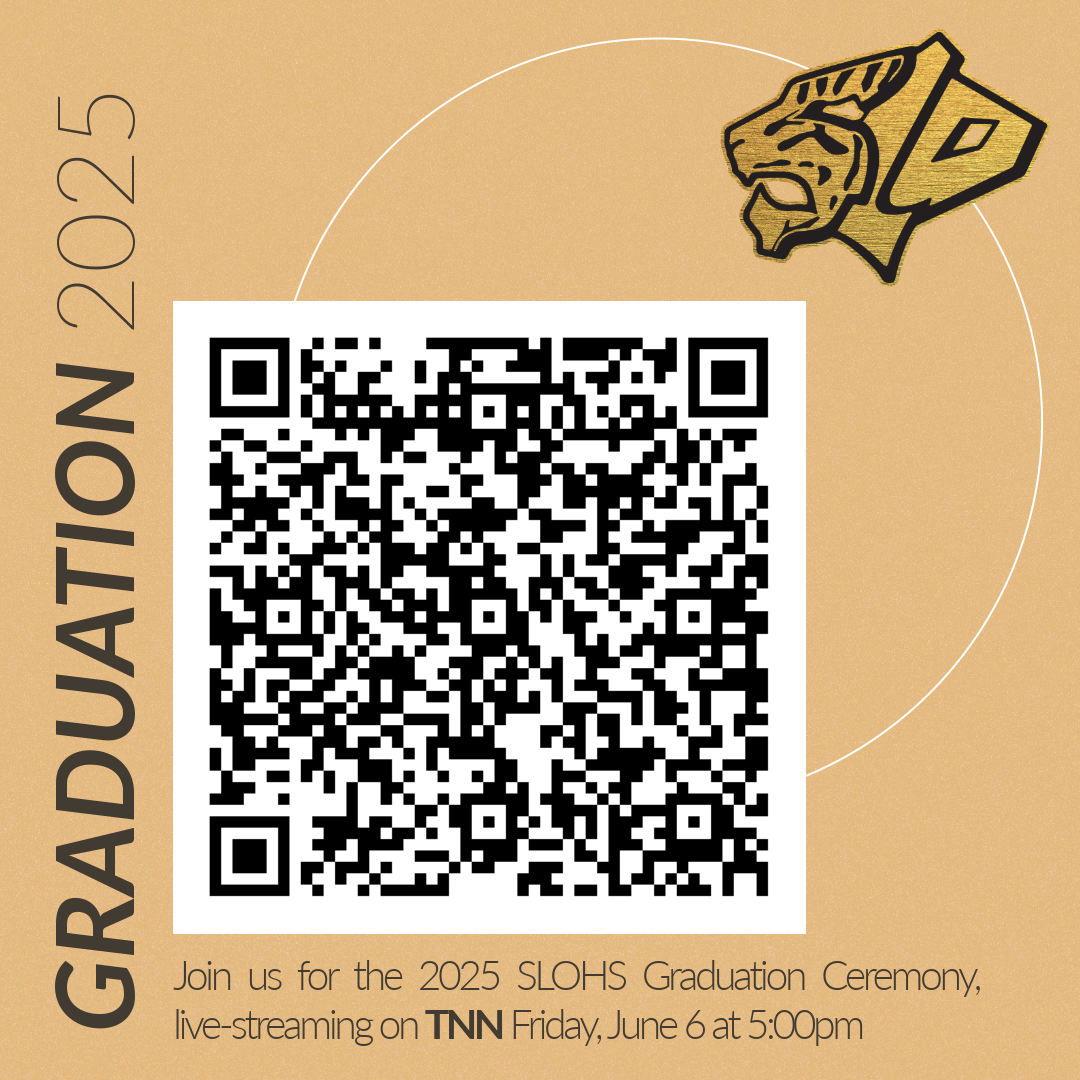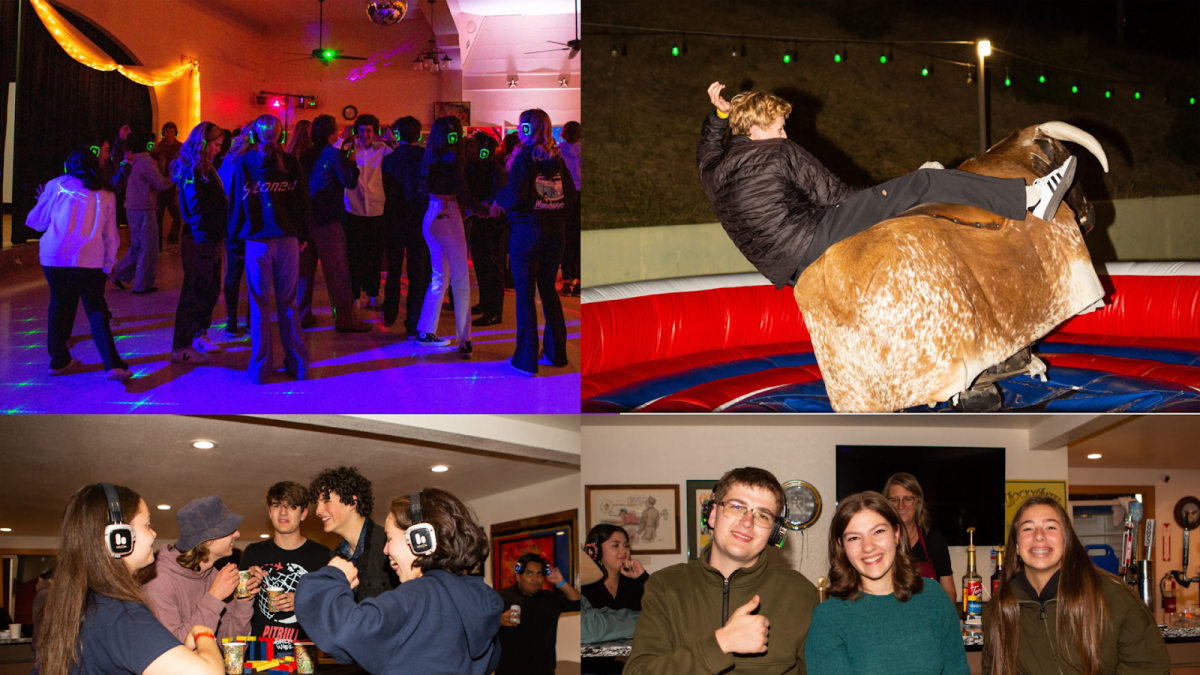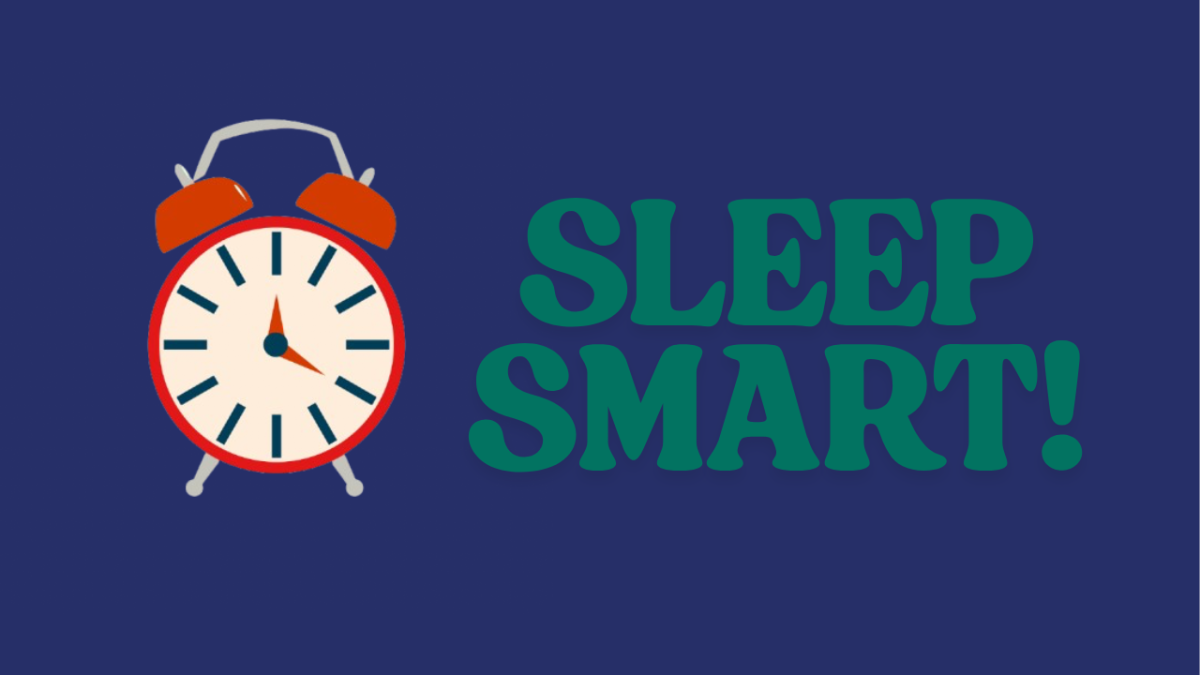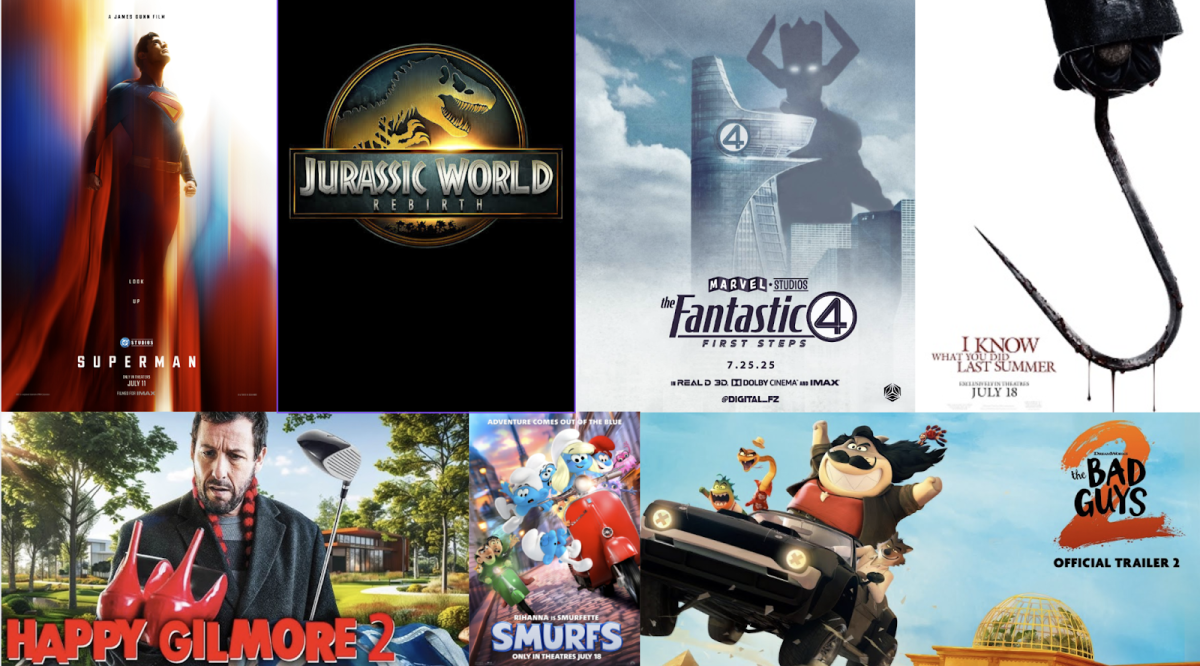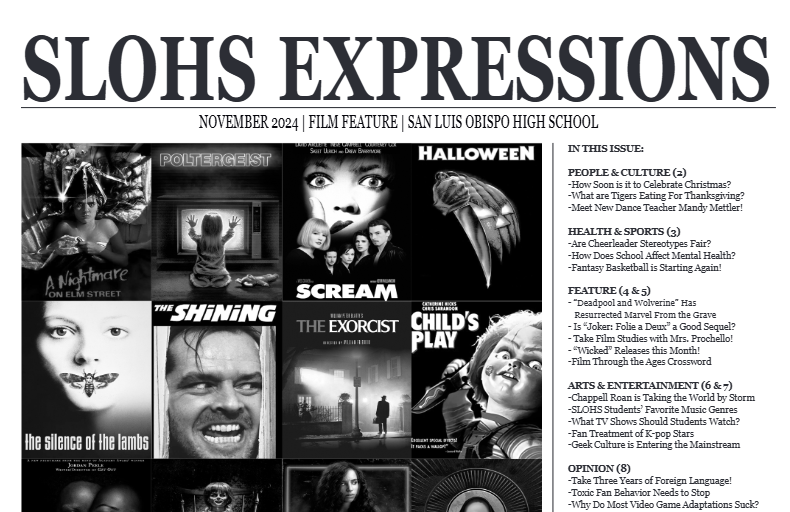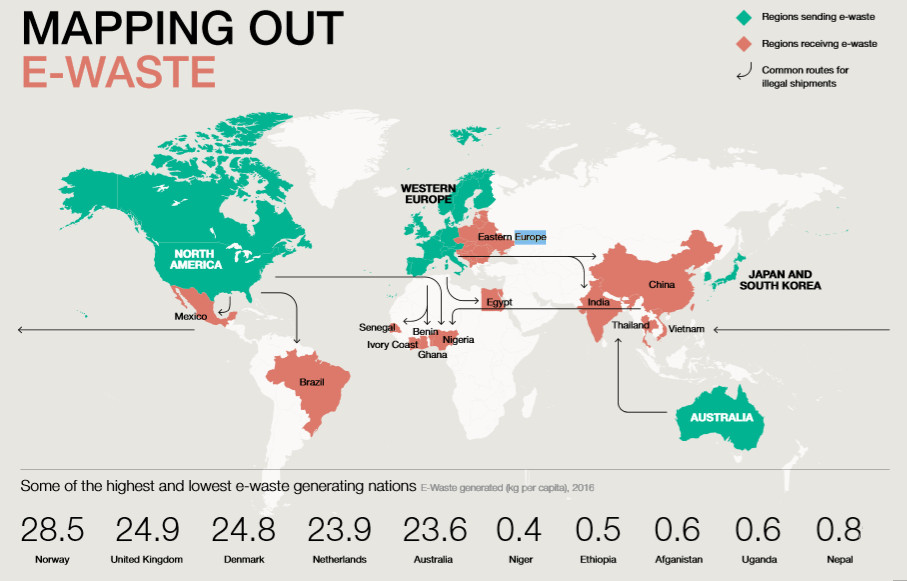Comedic Photo courtesy of senior Owen Moseley.
It’s 6 a.m. and I’m sitting criss-crossed in front of San Luis Obispo High School’s gate.
Nothing prepares me for school like becoming one with the school. I close my eyes. I gently massage my eyelids with my fingers and I begin to reflect on the nature of life.
Suddenly, all of my problems rush at me, one after the other in a train of pain.
These demons swirl around me and I cry out phrases such as “Oh, dear!” or “Oh, my!” But just as I begin to slip into the abyss, I feel two strong, manly arms wrap around me and pull me away from my doom. I turn around and see my hero: a man named Ted.
“Thank you, Ted,” I say. “Thank you for everything.”
Now, this event might be fictional–at least according to “reality” or whatever–but Ted is very real. Except that Ted is actually an organization, not a person, and is written as TED, an acronym for Technology, Entertainment, Design.
TED is famous for its TED Talks: free-to-watch online lectures meant to inform and inspire people. Given by (supposed) experts in their respective fields, TED Talks are very fancy and streamlined and there are few humans left on this earth who haven’t seen at least one.
I imagine that few demographics have watched more TED Talks than middle and high school students. Many teachers love showing TED Talks on fixing the world or self-help to their classes–our generation is the future, after all.
Not to mention that many students like to watch them on their own, too. They’re usually on interesting topics and delivered by engaging speakers.
“Some TED Talks I actually find enjoyable,” said senior and editor-in-chief Celia Lober. “The one that comes to mind is the one about the woman escaping a cult.”
They’re very popular–the TED YouTube channel currently has 19.1 million subscribers and their podcast, the TED Radio Hour, is on NPR.
TED Talks are known for their pretentiousness. Speakers come onto the stage and lecture the audience about how they solved a personal problem by using “one weird trick” or their super-creative idea for how to save society–such as game designer Jane McGonigal’s Talk titled “Gaming Can Make a Better World”, where she talks about how World of Warcraft teaches players how to take care of the world and be heroes, which is a claim that I think is, at best, “questionable”. Other examples include Joe Smith’s talk “How to Use a Paper Towel”; James Burchfield’s “Playing Invisible Turntables”, which is all about beatboxing; and Tori Amason’s “SWAG: Even Your Grandmother Has It”, where SWAG is an acronym for Success With A Game-changer.
On the usefulness of TED Talks, sophomore Olivia Cusick said “I think they are a good idea in theory, but it really makes the person presenting seem like they are above the audience. The Onion, a parody newspaper, made a really good joke about this a few years ago.” The joke she is referring to is a web series made by The Onion that parodies TED Talks, called “Onion Talks”. Brilliant Onion Talks include “Ducks Go Quack, Chickens Say Cluck”, “Landing the Perfect Job by Having Your Rich Dad Set You Up”, “What Is the Biggest Rock?”, and “Hypothetically, It Would be Okay to Have Sex with a Robot Dog”.
Some TED Talks are not just pretentious, but morally questionable, too. For example, TED has a surprising amount of anti-feminist talks.
The most notorious, I would say, is Cassie Jaye’s “Meeting the Enemy: A Feminist Comes to Terms with the Men’s Rights Movement”. She identifies several ways in which a lot of men are currently struggling mentally–many of which I do think are valid, but are mostly products of the awful traditional male gender-role–and then goes on to blame feminism, subtextually suggesting that society should just revert to traditional gender norms (because that is always great for mental health and freedom).
I single this TED Talk out specifically because I have never fit the traditional masculine role nor been accepted by the mainstream male gender. I have felt very liberated by the challenge of set gender roles, so the idea of having to go back to submitting to traditional masculinity is terrifying.
Before I conclude, I would like to bring to the reader’s attention a TED Talk that I find to be particularly ridiculous. The Talk in question is “The Science of Flirting: Being a H.O.T. A.P.E.” given by social anthropologist Jean Smith.
With a title like that, we’re already off to a great start, but it gets so much better. Throughout this talk, Smith delivers a large amount of incredibly awkward jokes. At one point, she makes a vaguely racist anti-Japanese joke, which catches the watcher’s attention especially by how completely random and unrelated to her topic it is. The best part, though, is the “HOT APE” itself, which is an acronym that details how one can tell if someone is flirting with them by observing body language. Besides the technique itself being sketchy, what really gets me is that she uses “hot ape” as a verb. If one is unsure if someone else is flirting with them, Smith encourages the person to hot-ape them, which sounds like a particularly creepy thing to do to someone else and which I find absolutely hilarious.
In therapy, one of the central tenets for success is to not rush in to help people.
It sounds counterintuitive, but just listening to a person’s issue without immediately trying to think up a hasty solution lets them be validated in their struggle. It is okay to feel bad. People do not control their emotions; everyone has free will in terms of what to do about them, but no one decides to feel sad or frustrated the same way that they decide to buy a lamp or go birdwatching.
Emotions are one’s brain trying to make them aware of something going on in it. TED Talks and other motivational feel-goodery are attempted quick fixes to uncomfortable emotions. And there are no quick fixes to uncomfortable emotions.
So next time I meditate outside of the school and Ted comes to save me, I will reject his offer. Because Ted has never really saved me at all. Ted is a liar.
Sources:
complex.com
theonion.com
youtube.com


